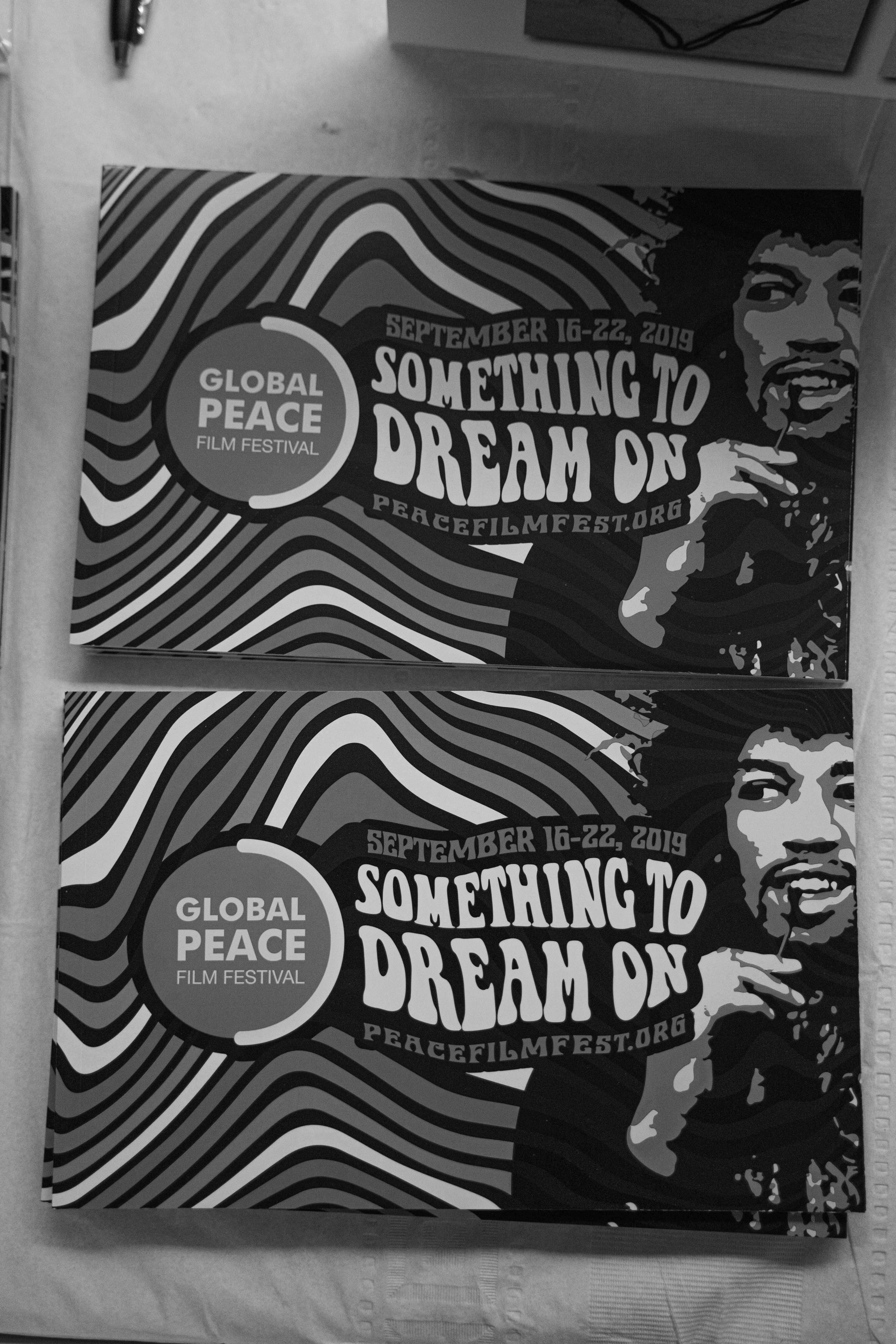
“The Gathering” Review
By Johanna Brown
How do you recover from a near-death experience? Perhaps through therapy and with the support of friends and family. But how do you recover from a near-death experience that was orchestrated as punishment for a crime you never committed? How do you recover the lost time, lost relationships, and stolen dignity from such an experience?
For the members of Witness to Innocence, the nation’s only organization of exonerated death row survivors, the answer comes in the form of community and action.
“The Gathering,” (2016) directed by Micki Dickoff, highlights some of the experiences and struggles of exonerated death row survivors as they meet during Witness to Innocence’s annual conference in Philadelphia, PA. Running only 24 minutes long, “The Gathering” weaves together 16 accounts to form a narrative of America’s broken justice system and the inexcusable danger of innocent men and women being executed in the name of retribution.
During the film, we see exonerees from across the country find comfort in each other’s shared histories and we hear their testimonies against the use of the death penalty in America. We watch them forge their experiences into a passionate drive to fight for dignity and for those still trapped within a justice system that has allowed for too many fatal mistakes to be made.
For Dickoff, an advocate, the fight against the death penalty has always been a personal one. In 1992, Dickoff helped prove her childhood friend’s innocence in a murder trial, thus freeing her from death row.
With “The Gathering,” Dickoff continues the fight. But this time, she doesn’t use court transcripts or newspaper clippings; instead, she allows the faces and voices of living people to speak for themselves.
“Nailed It” Review
By Alexa Greathouse
I’m sure that I am not the only one who has wondered about the $8 billion nail industry with stores in every shopping center from coast to coast. Exploring this curiosity in historical and provocative ways, filmmaker Adele Pham shows us her history and that of the Vietnamese refugees within the nail industry in her documentary, “Nailed It,” co-produced by Kelvin Pham.
This film took a storytelling approach to explain the heroic history behind the American-Vietnamese nail industry. Pham emphasized the power of women’s education, training, and promise in a new country as immigrants.
What emerges is a highly effective film chronicling a story that began in the 1970s when a few women chose to provide training and job opportunities to a few female Vietnamese refugees, which has now led to the multi-billion-dollar industry that it is today.
That industry, we come to learn, consistently affects all walks of life, from everyday people to our country’s entertainment elite. In one scene, Pham shows how American actress Tippi Hedren once trained a group of 11 Vietnamese refugees how to be manicurists. The film intercuts interviews with Hedren and a few of those women reflecting on their empowering experience, further reinforcing main themes of the documentary: the power of education and the empowerment of female refugees.
“Nailed It” adheres to the two of the United Nations’ 17 global goals, gender equality and quality education, and emerges as an uplifting dedication to refugee women in the United States.
“Blue Goes Green: Net Zero Police Station” Review
By Sophia DiMarzio
“Blue Goes Green: Net Zero Police Station” (2019) is a documentary directed by Laure Quinlivin that walks the line between feel-good content and an important message. Who says you can’t have both?
In the short film, Quinlivin explores a touching story about America’s first Net Zero Energy police station not only making strides in the realm of sustainability, but improving upon police-community relations and community engagement in Cincinnati’s West Side.
Quinlivin introduces a cast of townspeople through effective interviews, including police officers, civilians, and others involved on the project. Through them, the audience gets to know the people of Cincinnati, watch their growth as citizens of the city, and root for them as they ultimately accomplish their goal of Net Zero Energy. This is the aspect of the film that made me, as a viewer, feel all warm and fuzzy inside.
However, while the film shows the inspiring stories of these people, it does not lack a meaningful message. Something repeated throughout the film was a phrase along the lines of, “If we, in Cincinnati, can achieve Net Zero Energy, then so can you.”
This idea is crucial in today’s world; with the consequences of climate change swiftly approaching, we need to start making global changes fast. This film proved that making those changes is easier than we may think, and we could be more beneficial than we expected.







Be First to Comment